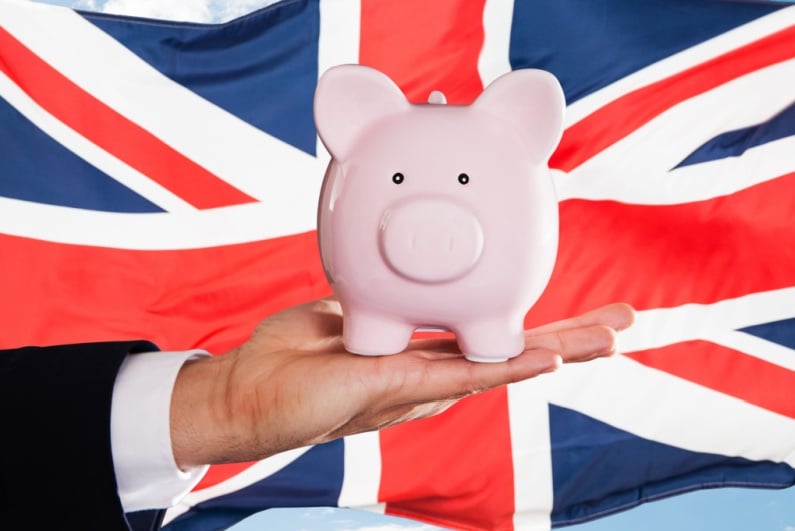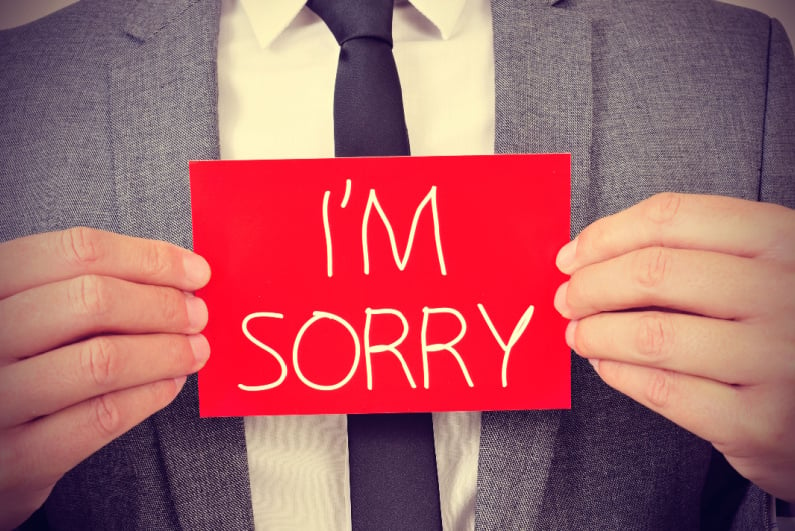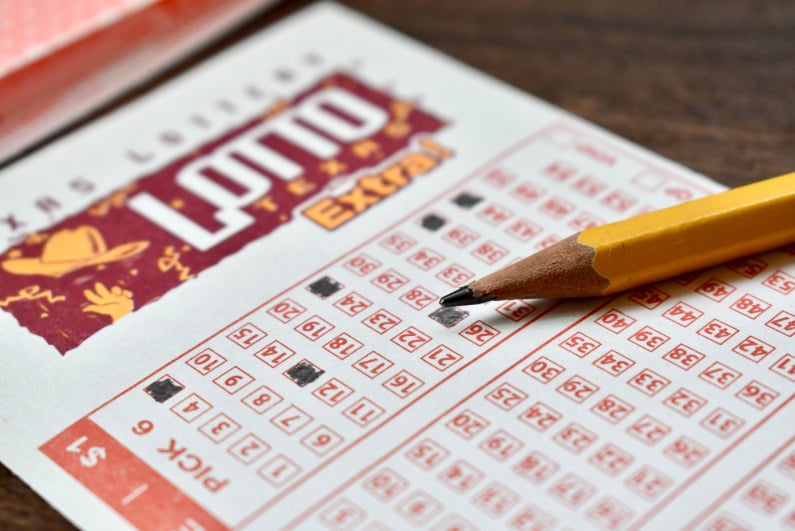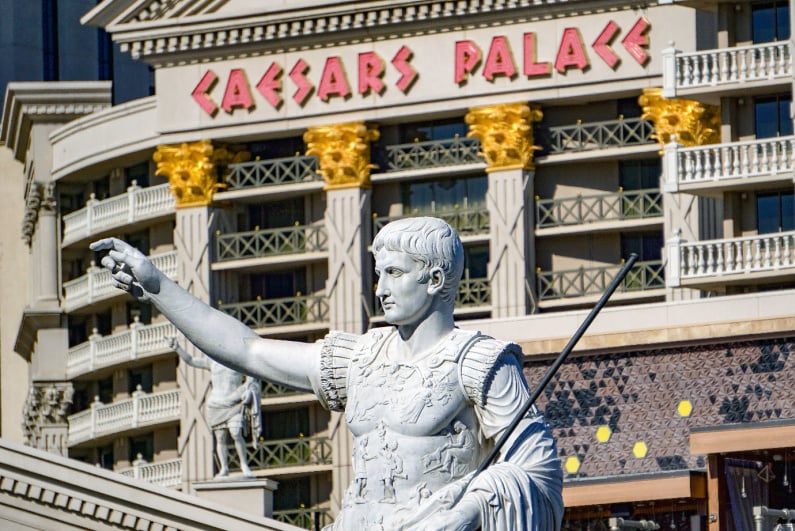Payments made mandatory
The UK government is set to require gambling operators to pay 1% of their gross gaming revenue (GGR) per year to fund treatment and research into gambling addiction, according to reports.
The plans, which are likely to be announced this week, were proposed by the previous Conservative government. The present system operates on a voluntary basis and also allows operators to decide which organizations receive their donations.
the scheme would have totaled £109m ($137m) over the last 12 months
The move is expected to come into force in April 2025. The scheme would have raised £109m ($137m) over the last 12 months, according to figures from the Gambling Commission, which showed that GGR added up to £10.9bn ($13.7bn) across all operators.
Mixed response
Former Conservative Party leader Iain Duncan Smith, who chairs a group in the British parliament in favour of gambling reform, welcomed the news, saying: “I am delighted that the statutory levy, which the APPG first proposed five years ago, is finally being introduced.”
this is a seismic moment and a huge step forward”
“For the first time the gambling industry will be mandated to pay for the harm they cause. Whilst there is much more to do but this is a seismic moment and a huge step forward and I welcome it unreservedly.”
Meanwhile, the response from the UK’s Betting and Gaming Council (BCG) was more muted. The organization had previously supported the idea of a mandatory levy, but slowly shifted against the position as the proposals took a more concrete form.
In a statement, the BGC said: “The BGC previously proposed a mandatory levy and we welcomed the government’s announcement for a new system of payments with continued independence of funding allocation.
“The BGC remains concerned that there should be a sliding scale for land-based businesses that have much higher fixed costs, such as staff and premises, and that funding for longstanding, expert providers of research, prevention and treatment services in the third sector is protected.”
Potential conflict
While the £109m figure comes from GGR over the last year, the actual number may be lower due to exceptions that were included with the original proposal.
Land-based operators such as retail betting shops and casinos were proposed to pay 0.4%, 0.6 percentage points lower than the online rate, owing to increased overheads. Smaller gambling firms, with GGR of less than £500,000 ($629,000), were also expected to be exempt from the scheme.
at present, the GambleAware charity is by far the largest recipient of funds raised
One additional source of potential friction ahead could be exactly where the funds are diverted. At present, the GambleAware charity is by far the largest recipient of funds raised through the voluntary scheme. However, other organizations, such as the Office for Health Improvement and Disparities (OHID), are now likely to seek a larger slice of the funds with the decline of betting companies’ influence on the destination of their contributions.
The levy is intended to be spent on specialist addiction clinics run by the UK’s National Health Service, charities to provide education in schools, counseling for people affected by gambling-related suicide, and additional research into addiction.




